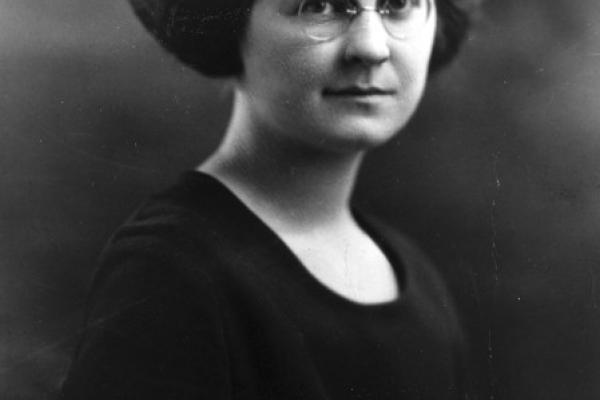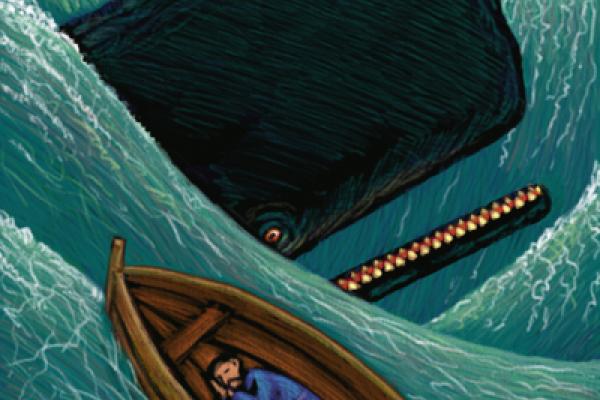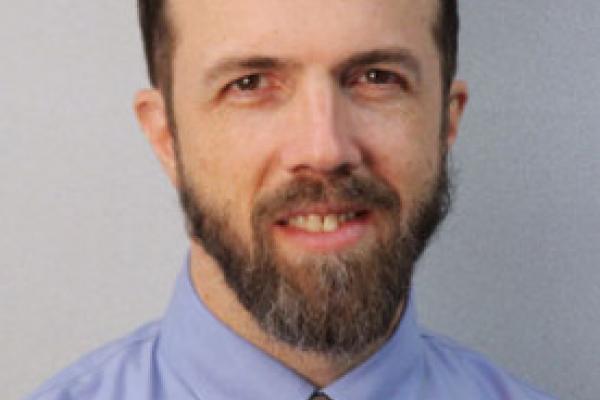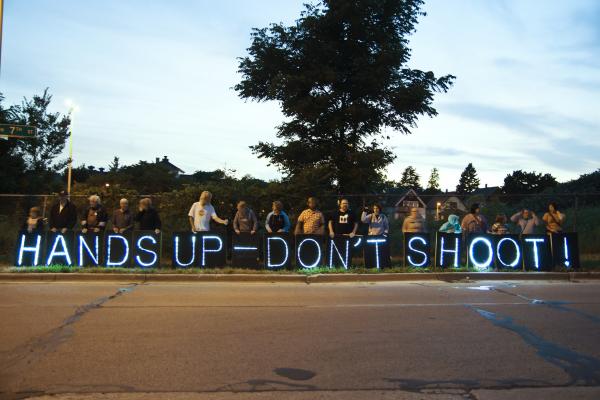It was a gathering that would have been unthinkable just five years ago.
On a cool summer evening, in a borrowed classroom overlooking San Francisco Bay, about 150 men and women gathered to screen a short documentary about a Mormon family whose 13-year-old son came out as gay.
The Montgomerys, who accepted their son and his news, were ostracized by church members, some of whom refused to accept Communion distributed by the young man in church. Like many conservative Christian denominations, the 15 million-member Church of Jesus Christ of Latter-day Saints bans homosexual activity and considers it grounds for exclusion from Mormon rites, rituals and even the afterlife.
Sunday night, 23-year old Kira Kazantsev proved two things when she was crowned Miss America for 2015. First, she can make a nationally television audience “happy” by using only a red plastic cup. Second, domestic violence knows no bounds.
That’s right. This year’s Miss America is one of the every four women who has experienced domestic abuse in her lifetime. During college, Kazanstev was in an abusive relationship that left her “isolated” and “hopeless,” she recently told NPR. In the same interview, Kazanstev says she wasn’t aware of the resources available for victims of domestic violence: "I very well may have Googled it," she says. "But that's not the mindset that you're in when you're in that situation. You just feel alone. You feel helpless. You don't feel like anyone could possibly understand."
New Jersey is often dismissed as a cultural wasteland of traffic jams and suburban sprawl, mobster graveyards and lost dreams — source material for native son rockers like Bruce Springsteen and Jon Bon Jovi.
But soon the state may also be known as home of the latest American saint, a Bayonne-born nun who is to be beatified in Newark next month.
The beatification of Sister Miriam Teresa Demjanovich, who died in 1927 at the age of 26, puts her one step away from formal canonization.
If Demjanovich does make the final hurdle, she would become just the second person born in the U.S. ever to be named a saint, and it would give New Jersey something to brag about — albeit humbly, no doubt.
Pope Francis faces no specific threat from Islamic State militants and will not be adding extra security measures on his one-day trip to Albania next week, the Vatican said Sept 15.
The Vatican’s chief spokesman, the Rev. Federico Lombardi, said despite recent “worrying” events that had shocked the world, there was no specific threat to the 77-year-old pontiff as he prepared for his official visit to the majority Muslim country on Sept. 21.
Lombardi said Francis would use the same open-topped vehicle he uses to greet crowds in St. Peter’s Square when he travels to the Albanian capital, Tirana.
“There is no reason to change the pope’s itinerary,” Lombardi said. “We are obviously paying attention but there is no need for concern or a change to his program in Albania.”
A campus appearance by Ayaan Hirsi Ali, the outspoken Muslim-turned-atheist activist, is being challenged again, this time at Yale University where she is scheduled to speak Sept. 15.
While her previous campus critics have included members of religious groups, especially Muslims, this time the critics include Ali’s fellow ex-Muslims and atheists.
“We do not believe Ayaan Hirsi Ali represents the totality of the ex-Muslim experience,” members of Yale Atheists, Humanists and Agnostics posted on Facebook Sept. 12. “Although we acknowledge the value of her story, we do not endorse her blanket statements on all Muslims and Islam.”
Those statements include calling Islam “the new fascism” and “a destructive, nihilistic cult of death.” She has called for the closing of Muslim schools in the West, where she settled after immigrating from her native Somalia, and is a vocal advocate for the rights of women and girls in Islam.
For some reason, our office calendar is saying that we’re already halfway through the month of September – how did that happen? August, which tends to be the quietest month both in Washington, D.C., and at Sojourners, just flew by without pausing for a vacation from the D.C. heat and humidity. Please keep reading to find out what kept us so busy.
Sometimes, we teach children the oddest Bible stories.
It is certainly curious that we would decorate baby nurseries with images from the story of Noah’s Ark. The smiling elephants in the comically tiny boat must always be blocking out the mass of humanity and animal life drowning under a seemingly never-ending deluge.
The story of Jonah is another favorite in the Sunday School classroom. And for those of us who remember the story, one aspect of the narrative is most memorable. We remember that Jonah is eventually consumed by a whale or a fish or some sea creature. He spends three days in that great beast’s belly only to be jettisoned when he has finally learned his lesson.
But what lesson exactly did he learn? For some reason, being devoured and then regurgitated by a huge fish is more memorable than the point of this story. Jonah 3:10-4:11 contains the rest of the story, a story we would do well to consider anew today.
As more states affirm same-sex marriage, U.S. evangelicals continue to wrestle with homosexuality, setting boundaries for what’s acceptable and what’s not, and setting the stage for a heated fall election season.
This week, things got hotter.
A new group called Evangelicals for Marriage Equality launched Sept. 9 and is collecting signatures from evangelicals who support same-sex marriage. Its advisory board includes author and speaker Brian McLaren, former National Association of Evangelicals vice president Richard Cizik, and former USAID faith adviser Chris LaTondresse. Cizik resigned from his NAE position over his support for same-sex civil unions.
“Our organization is not taking a theological position on the issue of the sacrament of marriage,” said spokesman Brandan Robertson. “We just want evangelicals to see that it is possible to hold a plethora of beliefs about sexuality and marriage while affirming the rights of LGBTQ men and women to be civilly married under the law.”
An American physician who contracted Ebola while working in a West African hospital has received a blood transfusion from another American missionary doctor who survived the disease, hospital officials confirmed Thursday.
Physician Richard Sacra, who is being treated at the Nebraska Medical Center’s special biocontainment unit, received the blood donation from doctor Kent Brantly, who was treated for Ebola and released from an Atlanta hospital last month. Both men contracted Ebola while caring for patients in Monrovia, Liberia, while working for missionary groups.
Sacra, 51, also received an experimental therapy. Doctors have not revealed its name.
Sacra is recovering well, his wife, Debbie, and his doctor, Phil Smith, medical director of the biocontainment unit, said at a news conference Sept. 11.
Dr. King said: a “riot is the language of the unheard.”
What happens when folks do not feel like their voices are being heard?
They shout louder.
Rioting is what almost happened in Ferguson, and all of us who live in fragile neighborhoods with a backdrop of deep racial injustice need to pay attention.
In Ferguson, a close-knit community was devastated by yet another injustice. They wanted to be heard. But as peaceful marches began, they were met with unprecedented force.
Tears were met with teargas.
It was as if authorities were putting their hands up over their ears. So the people shouted louder – and the world began to pay attention.
At a fragile moment when emotions were running high, the people of Ferguson had to choose between rioting and nonviolent direct action in the streets. A very small group (many of them arguably out-of-state activists) resorted to some forms of property damage. And it caught the media’s attention.
Some might say it hijacked the headlines.
But that is not how I will remember Ferguson.








